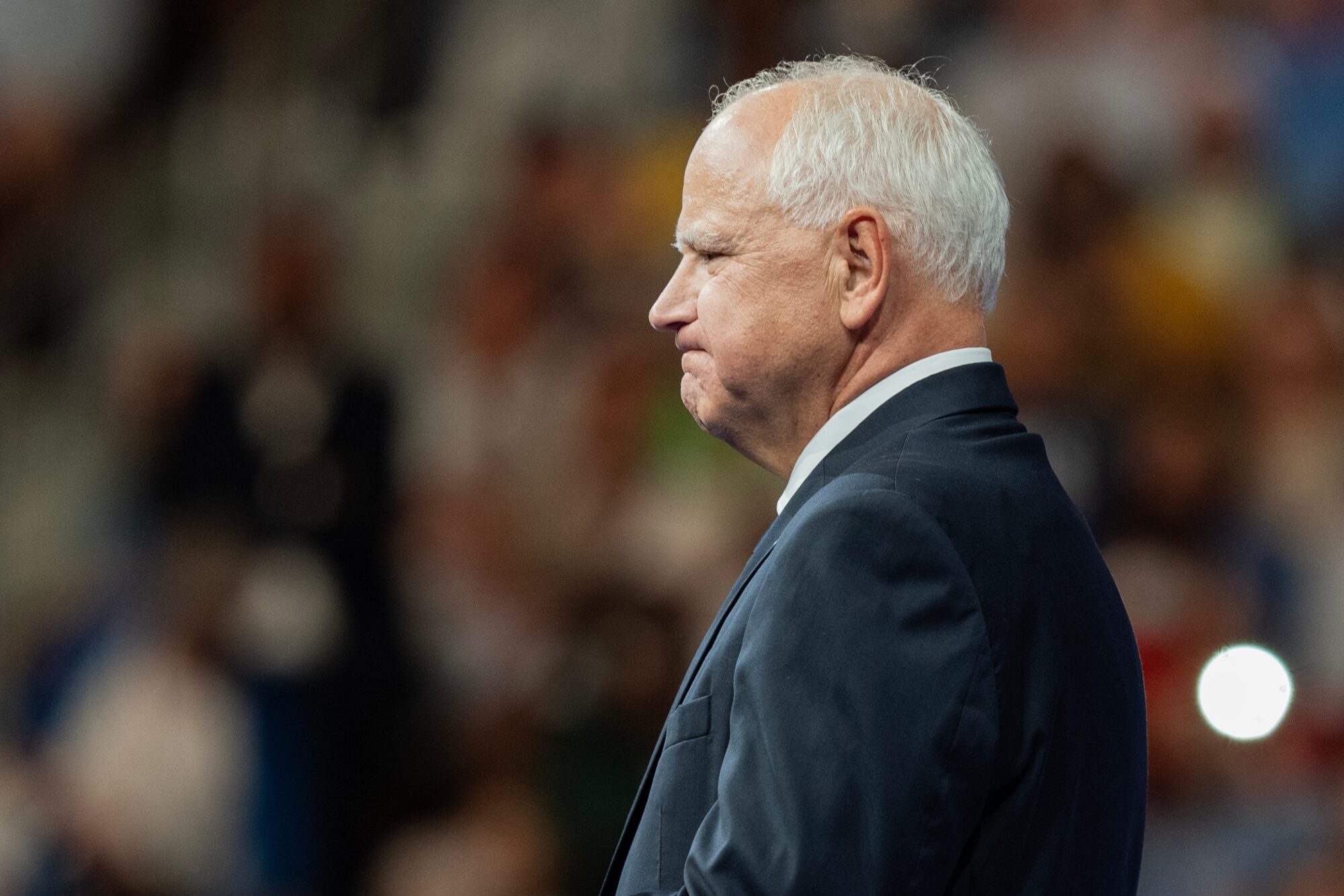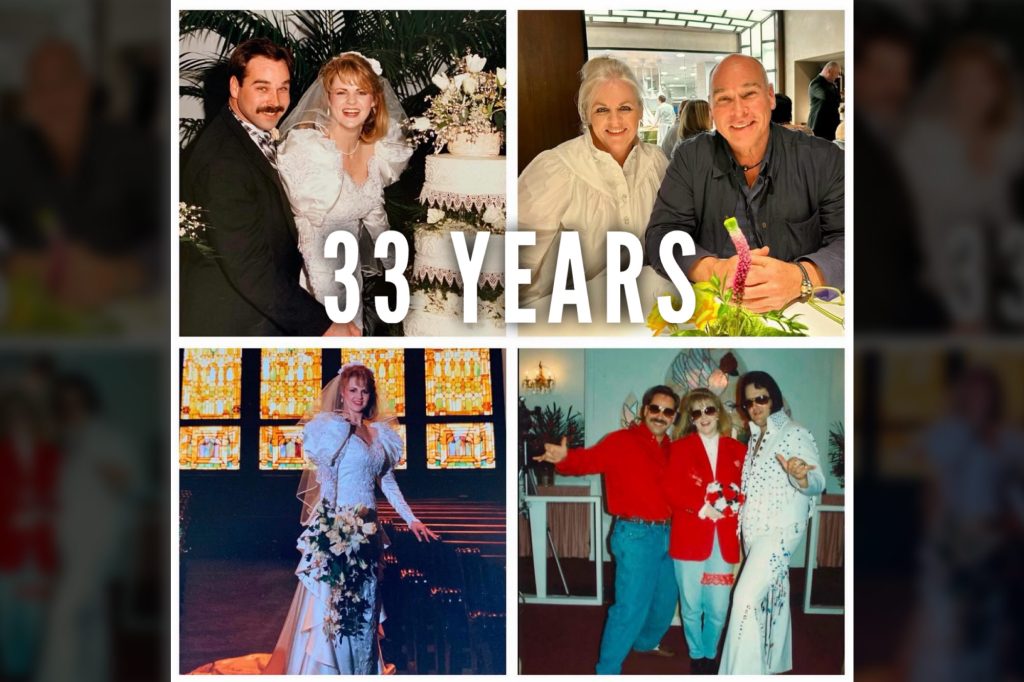
Sid Salter
Columnist Sid Salter says Mac Huddleston was a hero in his book. Salter writes that he’s heard that same sentiment from all who knew Huddleston or have heard his peculiarly Mississippi story.
Farm boy. High school and college student. Soldier. Aviator. War hero. Military flight instructor. Veterinarian. University faculty member. Sheriff’s deputy. Criminal investigator. State legislator. Christian. Husband. Father and grandfather. Friend. MSU Bulldog.
Although Dr. Elton Mac Huddleston was known throughout his productive life by many titles of respect and served in many important roles, I knew a quiet, dignified man with a true heart for serving others. At his homegoing service in late August at West Heights Baptist Church in this busy North Mississippi county seat, hundreds gathered to remember.
Mac, not a large man, cast a powerful figure wherever he went and in whatever role he served. People respected him and enjoyed his company. There was an innate goodness in him, and he had old-school manners. He enjoyed a good laugh and telling or hearing a story. He was an exemplary listener.
Born in 1943, Mac was raised by his grandparents on a Holmes County farm. He graduated from Durant High School and Mississippi State University, where he was an accounting major and a member of the Reserve Officer Training Corps.
We went on to serve as a veterinarian and MSU College of Veterinary Medicine faculty member, a Pontotoc County deputy sheriff and investigator, and a distinguished member of the Mississippi Legislature. But the rest of Mac’s story is contained in his military service.
Commissioned at State as a Second Lieutenant in the U.S. Army in field artillery, Mac later served his country as an Army Aviator flying Bell Iroquois UH-1 “Huey” helicopters in the dangerous Mekong Delta in Vietnam as part of the “River Raiders.”. The U.S. Navy (the “Brown Water Navy”) operated “Tango” boats – armored troop carriers that transported U.S. Army troops to and from battle zones in the river systems that led to the China Sea.
Some 7,000 Hueys were procured for use by the U.S. military in the Vietnam War providing cargo transport, general support, ground attack and air assault, medical evacuation, search and rescue, and electronic warfare. Of those 7,000 helicopters, over 3,000 were lost in those operations. It was deadly dangerous work.
In Vietnam, the Viet Cong controlled the Mekong Delta and made it the primary highway for food and supplies for their forces. From their Mekong occupation, they extorted “taxes” and took what they wanted. They also rained misery on U.S. and South Vietnamese forces.
Refueling the helicopters was a mission-critical problem when wounded soldiers were often the cargo. The Navy rigged special Tango boats with a fuel bladder and small landing pads where Army Aviators could land the Hueys for refueling or troop transfers. The landing craft were 56 feet long and 17.5 feet wide and the landing pad was a fraction of that. It was like landing a helicopter on a mattress.
The Tango boats usually had a crew of seven and could carry 40 combat infantrymen. The vessel was armed with machine guns, a 20mm. cannon, and Mk18 grenade launchers.
Years after his Vietnam War service, Huddleston was touring the Mississippi Armed Services Museum at Camp Shelby in south Mississippi in 2009 and noticed an enlarged photo of a Huey landing on a Tango Boat. Huddleston realized that the photo wasn’t merely of a Huey landing, it was his Huey landing. He was piloting the helicopter.
The photo came to the museum through a University of Southern Mississippi collection. They received the photo from one of Huddleston’s fellow “River Raiders” living in Olympia, Washington. The museum dedicated a Huey helicopter display to Huddleston along with a photo mural of the landing that identified Huddleston as the aviator.
When asked about his service by the media, Huddleston would not accept the title of “hero” and said: “I’m just an American fighting man who took the oath of office that says I swear or affirm to uphold the Constitution of the United States.”
The record contradicts that humility. Mac won the Bronze Star and the Distinguished Flying Cross. He saved countless lives in medical evac and in providing an escape for combat soldiers under fire. He was a hero in my book, and I’ve heard that same sentiment from all who knew him or have heard his peculiarly Mississippi story.








